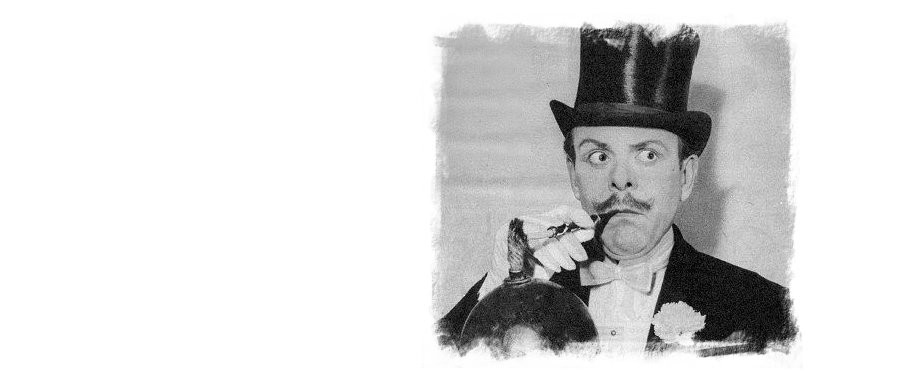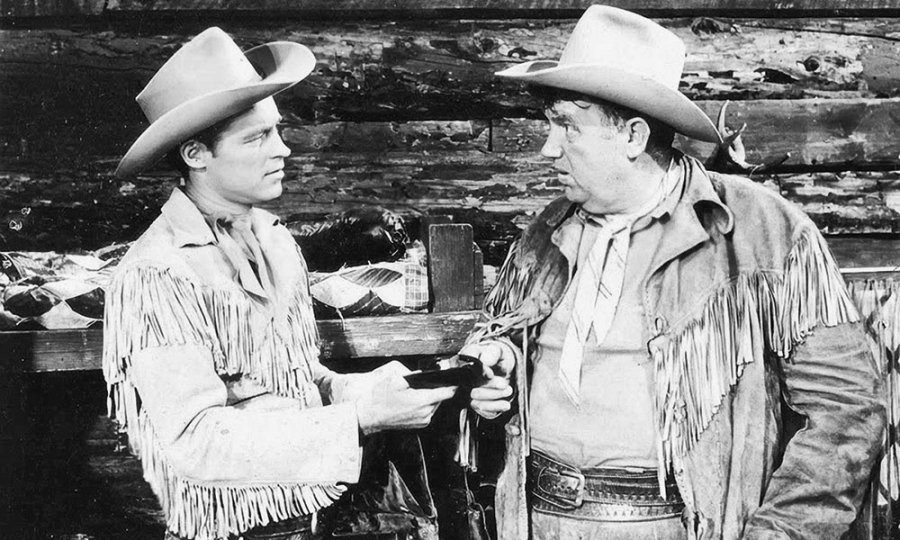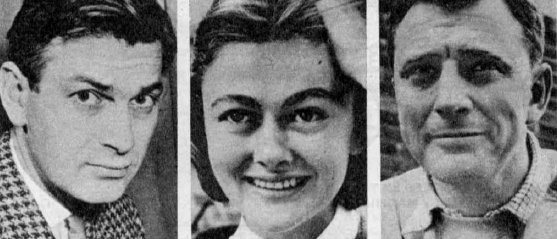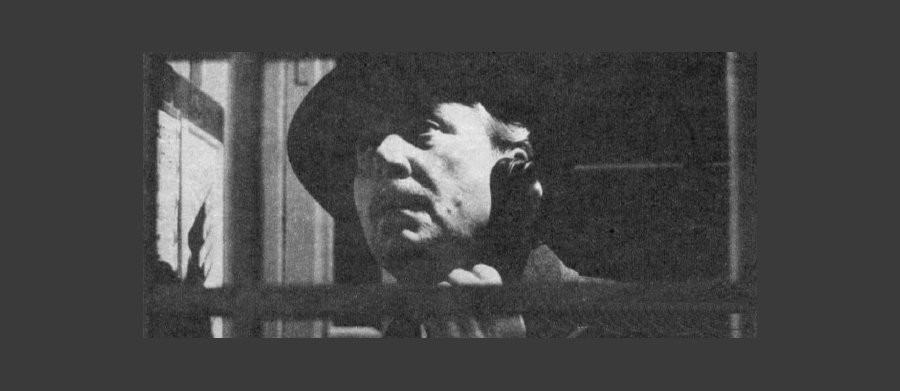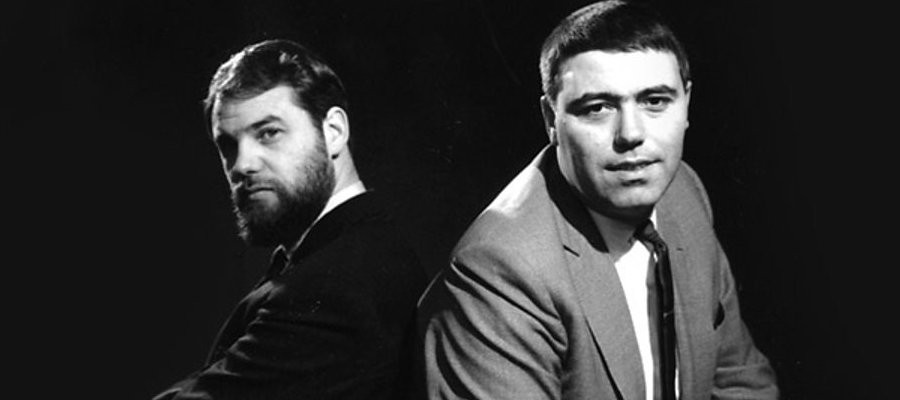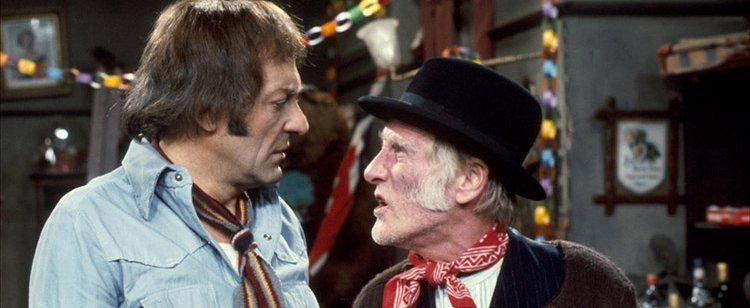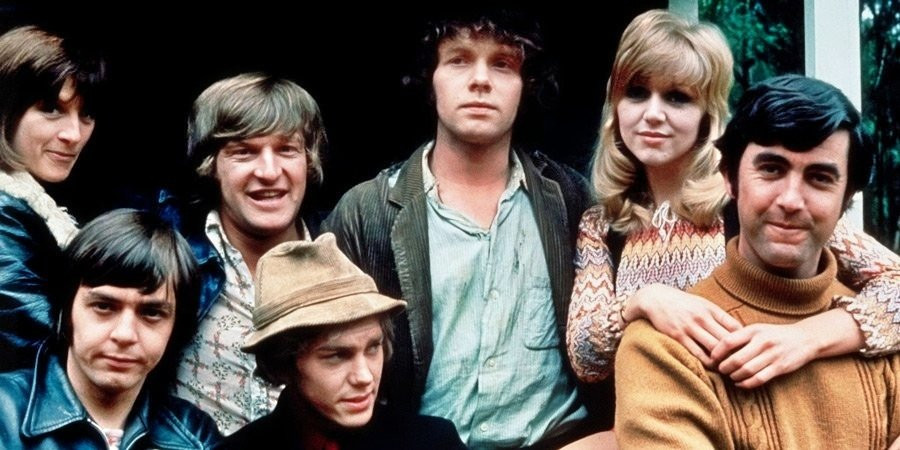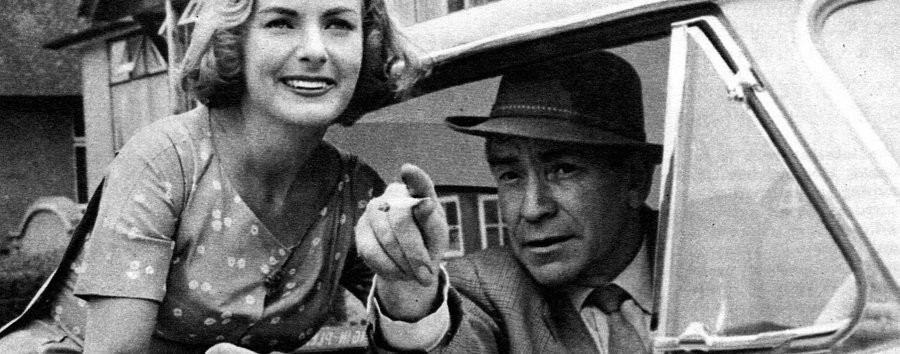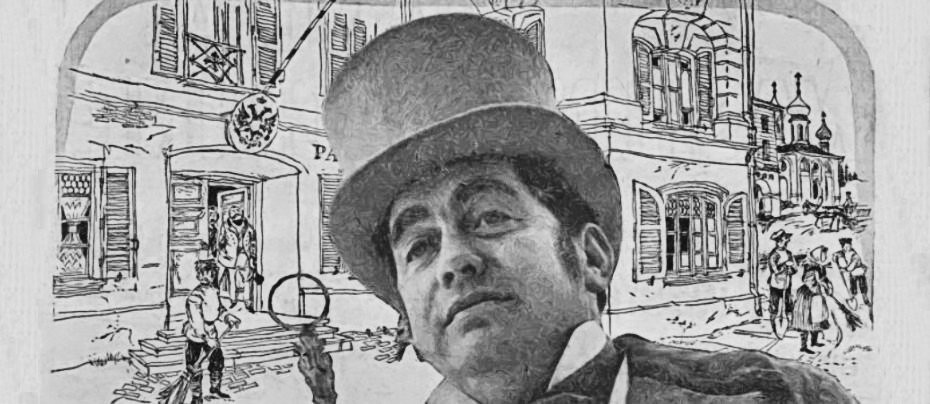
The Government Inspector
1958 - United KingdomWhat may have been a standard adaptation of a classic play was elevated in interest by being the first time Tony Hancock appeared in a straight acting role.
A satirical play in five acts by Russian-Ukrainian dramatist and novelist Nokolai Gogol, The Government Inspector is a comedy of errors set in a remote Russian province where a simple case of mistaken identity addresses human greed, stupidity, and the extensive political corruption of Imperial Russia.
Gogol's comedy was supposedly inspired by the personal experience of his contemporary, the Russian poet Pushkin, who was once mistaken for a high government official with entertaining results. Gogol transposed the incident to a small town in Southern Russia where the mayor (John Phillips), police superintendent (Reginald Hearne), judge (Noel Howlett), health commissioner (Philip Leaver) and school governor (Peter Copley) are running a totally self-serving and corrupt administration. To ridicule the extensive bureaucracy of the Russian government under the Tsar, Gogol introduces a lowly impoverished young civil servant from Saint Petersburg, Hlestakov (Tony Hancock), who is mistaken for a high-ranking government inspector. Having been tipped off about a visit from such an official who 'may be travelling incognito', they quickly assume that a young man who, with his servant, has recently arrived from Saint Petersburg and has taken a room at a local inn, is the inspector.
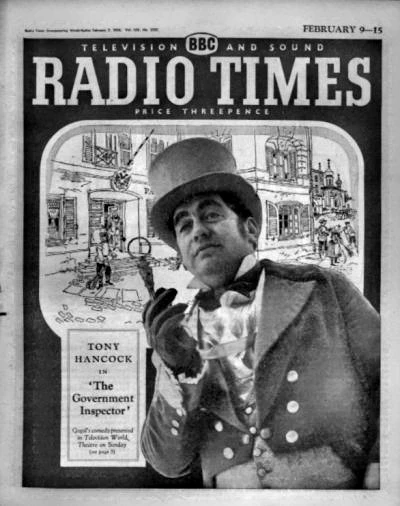
Fearing the consequences of the discovery of the extent of their corruption, the town's officials bend over backwards to appease Hlestakov at all costs before he draws up his report. When Hlestakov realises the mistaken identity, he takes full advantage of it by weaving elaborate tales of his life as a high-ranking government official, moving in as a guest at the Mayor's house, flirting with both the Mayor's wife (Helen Christie) and his daughter (Susan Maryott) and accepting generous bribes from the town officials. After insincerely proposing to the Mayor’s daughter, Hlestakov flees, having been persuaded by his servant Yosif (Reginald Barratt) that it is too dangerous to continue the charade any longer before his true identity is discovered.
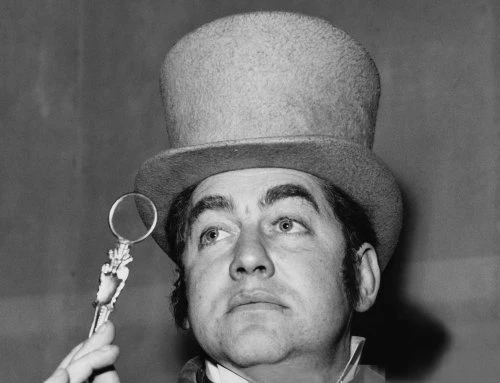
What may have been a standard adaptation of a classic play under the BBC's banner of Television World Theatre on Sunday 9 February 1958, was elevated in interest by being the first time Tony Hancock appeared in a straight acting role. Michael Barry, head of BBC Drama had told the Manchester Evening News that Hancock was his first choice for the role adding that the comedian, popularly known as The Lad Himself was "a thundering good actor." Hancock himself revealed producer Alan Bromly's odd way of preparing the cast after one particular rehearsal. "We were told on the next run-through to play it in dialect. I put on a Birmingham accent, and so did Reg Barratt, who plays my servant, and John Phillips, the Mayor. They're both from Birmingham. The others used all sorts of accents. It was a good test of our knowledge of lines, apart from anything else," he said. "When a cue is hurled at you in broad Lancashire it's apt to take you by surprise. Any minute now we're going to try this Mrs Dale lark."
Hancock was not altogether comfortable playing the straight role and found rehearsals quite a strain compared to his Hancock's Half Hour series. He tape-recorded the other actors parts and used the tapes to go over his own lines at home in the evenings after rehearsals had finished. "Apart from the length, movements and placings are much more exact and camera angles more complicated," he said. This as well as recording his radio series at the weekends.
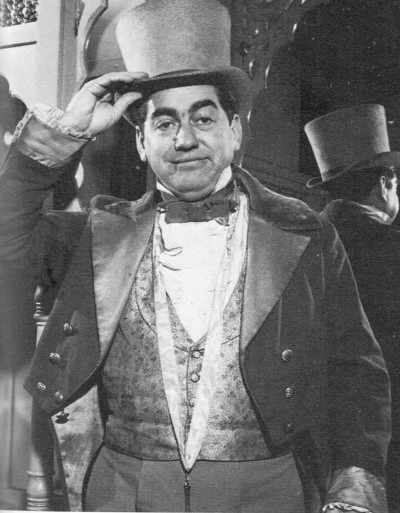
Following the broadcast, Alan Bromly wrote to Hancock congratulating him on his performance and told he thought that he'd got more out of the role than Alec Guinness or Danny Kaye. Guinness had played the role on stage at the New London Theatre in 1948 and Kaye had made The Inspector General which was very loosely based on Gogol's play. (Incidentally, John Cleese and Connie Booth when writing Fawlty Towers used a similar premise for the episode 'The Hotel Inspectors' in 1975).
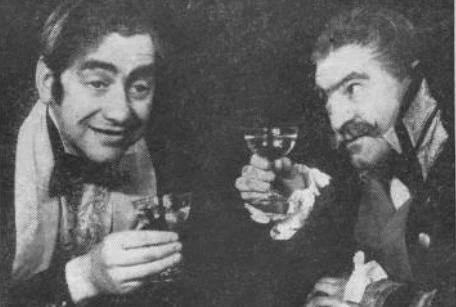
Despite Bromly's enthusiasm and a several other attempts to entice Hancock to more drama productions he turned them all down. Critically it seems that production and Hancock's performance split opinion. Eric Johns in The Stage wrote: 'Tony Hancock ran a magnificent race with John Phillips, resulting in a neck-to-neck photo finish.' He went on to opine 'Mr Hancock could not have been better cast than the penniless copy clerk who is mistaken for the Government Inspector expected in a God-forsaken provincial town in Czarist Russia.' Lauding over Hancock's performance, Johns continued that the comic actor had 'taken every opportunity to exploit his rich comic talents. He must certainly not be allowed to spend all his time on the music-hall stage.' Of the rest of cast Johns wrote, 'Of the smaller parts, mention must be made of Helen Christie, Susan Maryott, Peter Copley, Philip Leaver, Noel Howlett, Wilfrid Brambell, Reginald Hearne, Reginald Barratt and Frank Sieman for their excellent contributions.'
Philip Purser writing the Daily News had a quite different opinion. 'Tony Hancock's eagerly awaited stride into TV drama turned out to be not much of a gymnastic feat at all-really, quite a small step from Hancock of the Half Hours. Whether it was Barry Thomas's adaptation of the comedian's personality I am not sure, but large chunks of Gogol's "The Government Inspector" contrived to sound as if they'd been written by Alan Simpson and Ray Galton.' Not seeing much of a change from those Half Hour's, Purser found Hlestakov to be nothing but 'just another variant on the standard Hancock-man - ever resourceful, ever prone to exaggeration, ever buoyed up by his preposterous opportunism.' Taking a sideway swipe at the BBC, Purser also noted that the Corporation's World Theatre 'has been too egghead and needs to lower its sights.' As for the play itself: 'The first few minutes were very, very flat, with the mayor and officials caught in a pat panic that had only too obviously been rehearsed and rehearsed.'
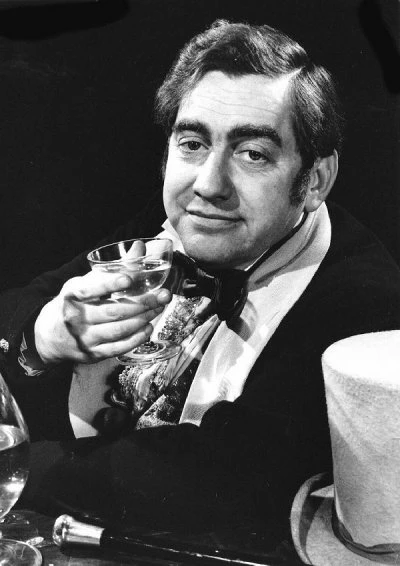
Kelvin Portland writing in the Aberdeen Evening News was probably exaggerating somewhat when he observed that 'The Coronation coverage apart, I have never known them to get so excited at the B.B.C. as they have been about putting Tony Hancock into Nikolai Gogol's The Government Inspector.' He also compared the adaptation to a variation on a Galton and Simpson script and as for Hancock's performance he wrote, 'he looked last night as if he were acting out a Hancock Half Hour script. His eyebrows went up and down like yo-yos, in moments of fear his jowls quivered, and in contemplative mood he smoothed his waistcoat over his ample stomach. He did, in fact, give a remarkably good performance of Tony Hancock.'
Although the play was transmitted live, it was telerecorded for the purpose of overseas sales. As a result, and rather unusually for a Sunday night play from this period, it still exists in the archives.
Seen this show? How do you rate it?
Seen this show? How do you rate it?
Published on January 14th, 2022. Written by Laurence Marcus for Television Heaven.


